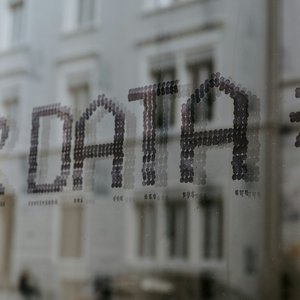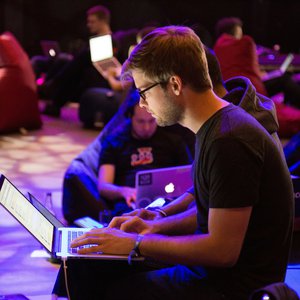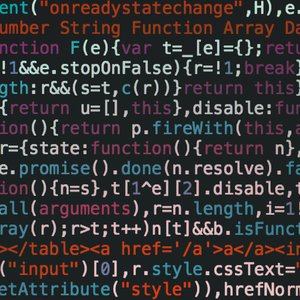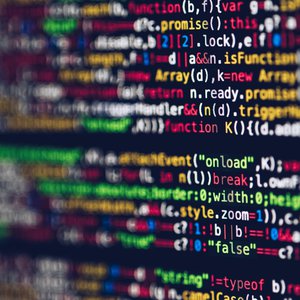Found total of 24 items and showing 12 items on page 1 of 2
Building the Python User Community at Manchester


It's been almost a year since the Python User Group launched in the CaDiR Teams space. We caught up with Andrew Gait, one of the group leads, to find out more his role in the group and how the last year has gone.
Web Scraping with Python – a guide


Looking for an easy way to get starting with online data collection that doesn’t involve copying and pasting? Research Software Engineer Chris Lam has written a simple guide which introduces web scraping with Python.
PyCon UK Comes to Manchester!


PyCon UK will be held in Manchester for the first time this year. The University of Manchester will have a booth at the conference, organised by members of the eScience Lab, Software Sustainability Institute and Research IT. Find out how you can get involved!
Getting Started with Docker: Python “Hello World” Example


Get a quick introduction to containerisation with Docker from one of our Research Software Engineers (RSE). Docker packages apps and their dependencies and are an ideal way to solve the "works on my machine" problem. Learn about Docker's main perks: consistency, portability, isolation, and scalability and there are links to extra resources if you want to learn more.
Launch of the Python User Group


Andrew Gait and Nigel Green from our Research Software Engineering team have launched a new CaDiR channel for researchers and staff who use Python. It's open to people of all abilities and makes an excellent follow-on for those who have attended our Python training courses. Find out more about their plans for the community.
Keeping Track of Dependencies


Dependency tracking is one of the tasks that it is easy to forget to do, and yet is important for code of any lasting significance. GitHub has tools available to help you keep up to date to avoid unsupported dependencies and vulnerabilities. Anyone producing code at the University is encouraged to take advantage of these tools so problems due to upstream code are addressed more rapidly.
Version Control for Jupyter Notebooks Using Jupytext


Jupyter notebooks are a widely used tool for coding in Python and Julia, but they don't always work well with version control software like Git. Research Software Engineer Jonny Taylor investigates a solution.
Training in Reproducible Environmental Research


Apply now to learn about best practices in software development – especially if you already code but Virtual Environments, Testing, and Continuous Integration seem like advanced techniques to you.
What Can the Apps Team Do For You?


Over the last 12 months, the Research Application Support team has worked on over 350 support tickets from researchers across the University. Many are very much business as usual but some of them can be quite tricky or fun to work on.
Research Software Engineering Summer Update


In May Adrian Harwood, Head of Research Software Engineering (RSE), posted the first part of his update on the latest improvements to the RSE department. In his second part he summarises the more external facing improvements delivered by the RSE Levelling-Up Programme.
Software Development Essentials for Scientists


At the end of March, members of our Research Software Engineering (RSE) team ran a Carpentries-style training course for researchers in the environmental sciences. The training took place over five days, and introduced the researchers to intermediate-level software development skills and practices.
Bespoke for you - Python training at the University


Earlier last month, members of our Research Software Engineering team ran a Carpentries-style training for the Henry Royce Institute. The training took place over two days, where day one covered Introduction to Python and day two covered Data Analysis and Visualization.
